International Women’s Day
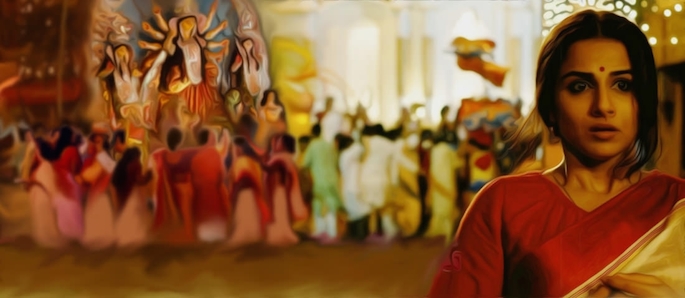
In her Oscar acceptance speech last Sunday, Cate Blanchett received an enthusiastic applause from the audience when she said, “…Those of us in the industry who are still foolishly clinging to the idea that female films – with women at the center, are niche experiences. They are not. Audiences want to see them and in fact, they earn money. The world is round, people!”
In December, Outlook India carried a brilliant essay by the legendary actress, Sharmila Tagore, about popular stereotyping of women in films and other media. She wrote “Our films have made undeniable progress in technical terms, in production values, but when it comes to the portrayal of women I feel the changes are merely cosmetic. Sometimes I think that the phrase ‘the more things change the more they remain the same’ was coined precisely for this. Films continue to brandish an image of women which is largely decorative and secondary.”
In a century of burgeoning film production in India, one can barely count a handful noteworthy films that were women-centric. While their male counterparts rule the roost for decades and command much fatter checks, the so-called leading ladies of Indian films have much shorter lived careers during which they are confined to the stereotypes of the virtuous lover utterly dedicated to the hero, a good mother, a great wife, a respectful daughter and so on, and she must do it all looking impossibly beautiful! Yet, she is always an accessory and almost never the center-piece.
While the reasons for it may be many – perhaps the most important one is that we need more women to step up and take charge of telling their own stories. It is ironic that while we hear our mothers and grandmothers tell us the most glorious stories as children and while some of the most wildly successful authors in the world are women (J.K. Rowling, Stephanie Meyer, Suzanne Collins, Enid Blyton, Jhumpa Lahiri) and their books have led to some of the highest grossing movie franchises, filmmaking has largely remained alien territory for them.
So this Women’s Day, we have reason to celebrate the films that dared to shift their focus on the ‘other’ pillar of society, giving us iconic heroines who inspired strength, compassion, endurance and liberation.
Bhumika: The Role
(1977)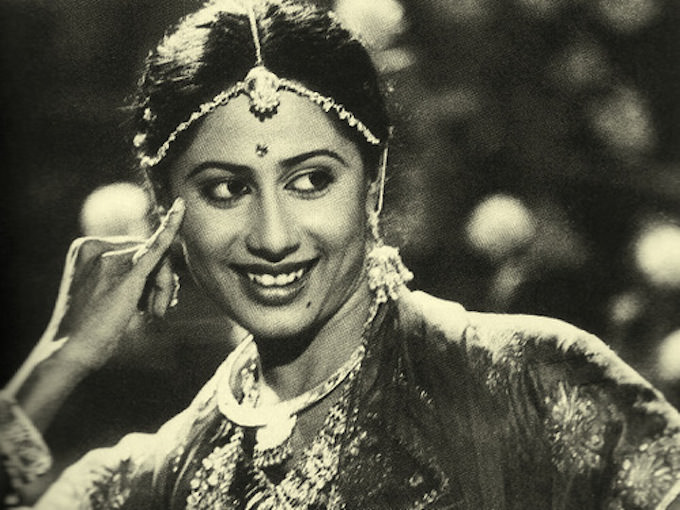
Shyam Benegal has made numerous amazing films on women (Ankur, Zubeidaa, Sardari Begum) and Bhumika stands out as the one that leaves the most lasting impression. Smita Patil was the muse of independent filmmakers in the 80s and during her short career (tragically ending when she died at 31), she strived to always play meaningful roles that were written for women. Widely regarded as one of the finest actors the industry has ever known, she plays a film actress in ‘Bhumika’ – growing from a fledgling background actor to a formidable leading lady, whose personal life crumbles as she climbs the ladder of success.
Mother India
(1957)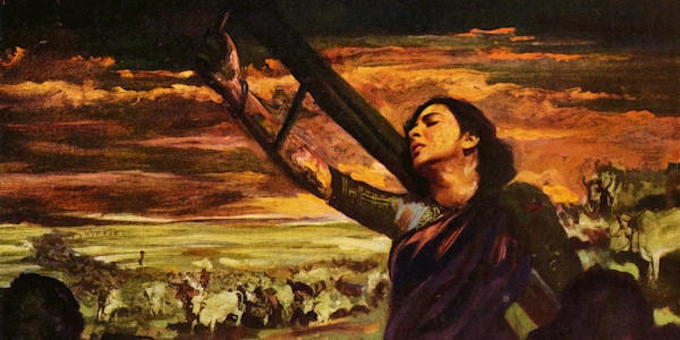
While Nargis was still playing the ideal wife, daughter-in-law and mother in this film, it was her character’s steel of spirit – braving all the storms, famines, floods and other disasters like losing her husband and being left to care for four children, that elevated her image to its iconic status. Her final testimony arrives in the very last scene when she has to protect the honor of a village bride by holding a gun against her own son. Mother India was also the first Indian film to be nominated for a Best Foreign Language Film Oscar in 1958.
Mirch Masala
(1987)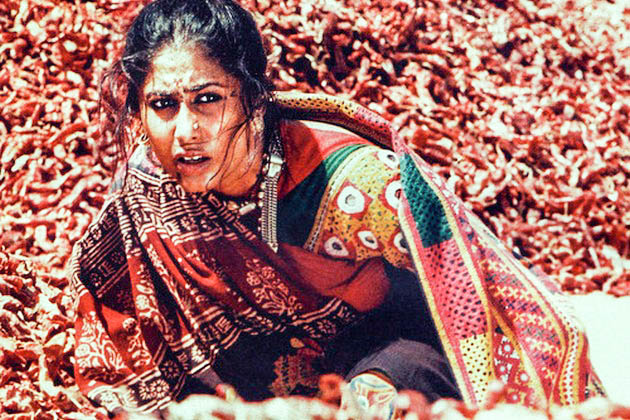
Directed by Ketan Mehta, this is another classic starring Smita Patil. Smita plays the sultry and strong village belle who is being stalked and harassed by a lecherous local tax collector. Spoiler alert: The climactic revenge scene which could have well inspired the pepper-spray, with the explosion of red chilly powder filling the air, provided tremendous shock value and fulfillment to the audience, who were likely seething with anger.
Abhimaan
(1973)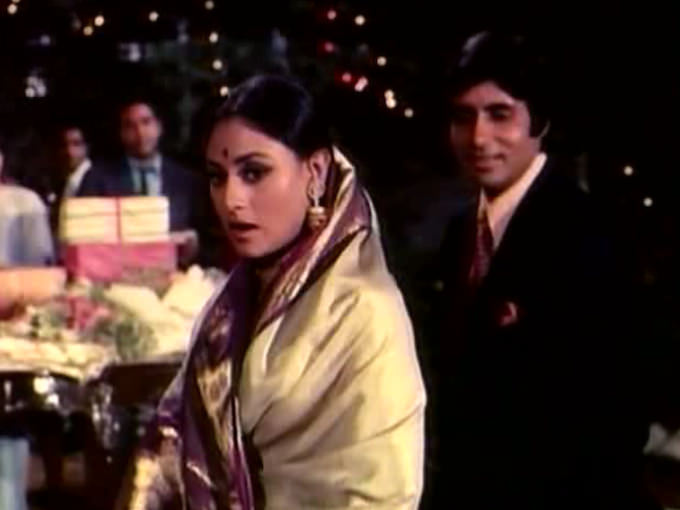
This revered classic directed by Hrishikesh Mukherjee attacked male chauvinism in a marriage. Subir Kumar (Amitabh Bachchan) is a celebrated singer and he is responsible for discovering Uma’s (Jaya Bhaduri) sensational singing talent. He is smitten by her and they are soon married, but when her meteoric success begins to eclipse his stardom, he feels belittled and crushed, unleashing havoc on the relationship. Uma stays composed and classy through her trials, but it takes a toll on her physical health.
Dor
(2006)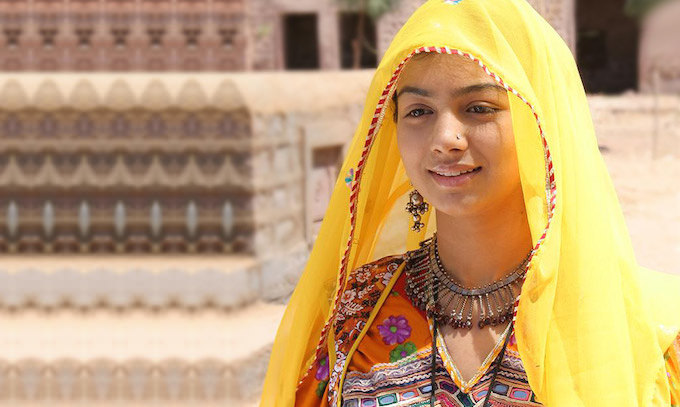
Directed by Nagesh Kukunoor, this was a rare film that dared to tell a story that is seldom attempted in Indian films. Ayesha Takia plays a young widow living in suppression in an orthodox household in Rajasthan. When she befriends an independent Muslim woman, Zeenat (Gul Panang), she finds a companion who helps her discover herself again and get a new perspective on life. But little does she know that Zeenat is the wife of the man who killed her husband and she is here hoping to win her forgiveness.
Umrao Jaan
(1981)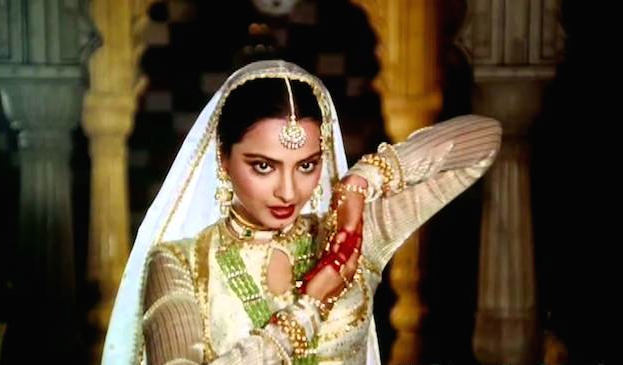
Based on the Urdu book ‘Umrao Jaan Ada’ about the life of the famous Lucknow courtesan, this film directed by Muzaffar Ali, gave Rekha one of her career’s most memorable roles. The heartbreaking story of the courtesan, hopelessly in love with her young benefactor who has promised to marry her and later coming to terms with her cruel reality, resonated with audiences because of its universal emotions of love and loss. Rekha’s performance in songs like ‘In Ankhon Ki Masti Mein’ and ‘Dil Cheez Kya Hai’ still hold up as the most graceful and inimitable dance numbers in Hindi cinema.
Guide
(1965)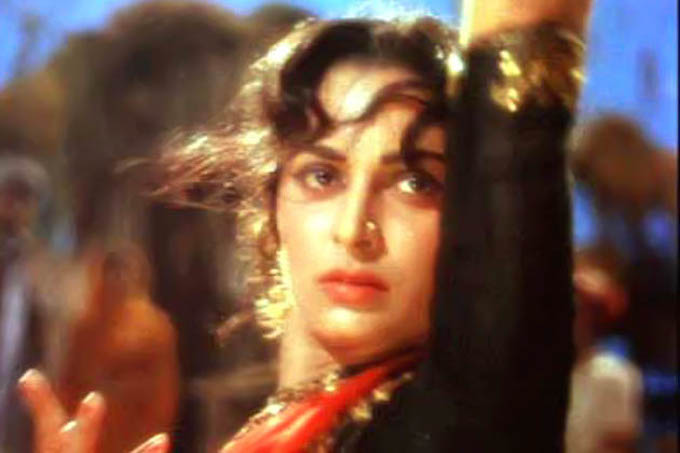
Here was a film in the 1960s that truly liberated the central woman’s character. Trapped in a bad marriage, Rosie (Waheeda Rehman) has curbed her passion for dance until she meets Raju (Dev Anand), a tourist guide assigned to take her around town. She leaves her husband, starts living with Raju and eventually realizes her dream, but fame always comes with a price. Based on the famous novel of the same name by R. K. Narayan and directed by Vijay Anand, the film is one of the best works produced in Indian cinema, not the mention the timeless music composed by S. D. Burman.
English Vinglish
(2006)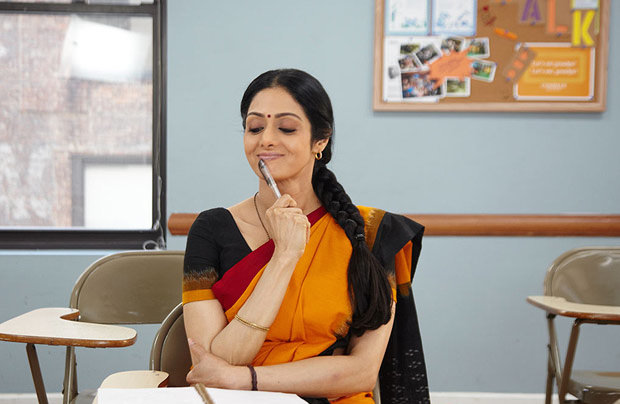
Sridevi got a meatier role when she made her comeback at the age of 49 with this film, than she ever did while she was the reigning queen of Bollywood in the 80s and early 90s. She plays a stereotypical housewife looking after mundane household matters until she has a chance to travel to the USA to help organize her niece’s wedding. With no English speaking skills, she feels lost and humiliated. Finally, she decides to put herself first and secretly starts attending English language classes. Her comic timing was fully intact and the film was a home run. What’s more, it was also directed by a woman – Gauri Shinde.
Sahib Bibi Aur Ghulam
(1962)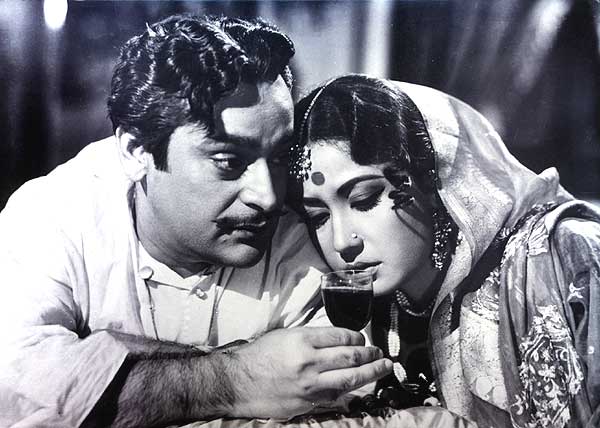
Meena Kumari’s splendid melancholic performance as chhoti bahu, who tries everything in desperation to win her depraved husband’s attention, eventually sinking into alcoholism to keep him company, is considered one of the best screen performances in Indian films. The parallels in her own life made it impossible to completely dissociate the powerful images from reality and may have contributed to the public’s fixation with it. Guru Dutt played the servant who becomes her confidante.
Kahaani
(2012)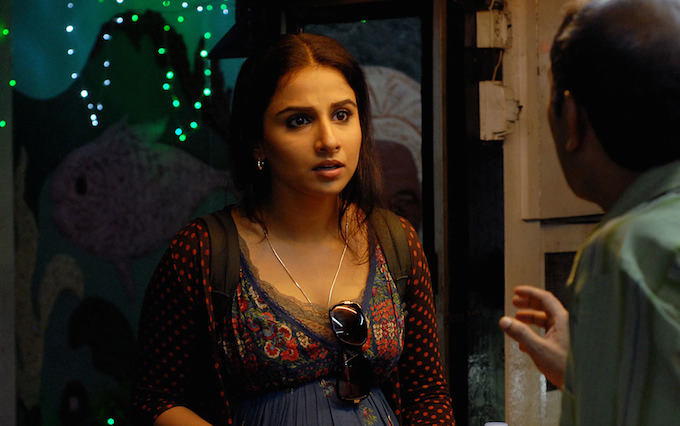
Vidya Balan has established herself as a woman of substance on screen and is one of the few actresses today who is trusted with carrying a film on her shoulders alone. Kahaani is a greatly absorbing suspense thriller and Vidya won many accolades for her role as Bidya Bagchi, the pregnant woman who arrives in the bustling city of Kolkata to look for her missing husband.
Arth
(1982)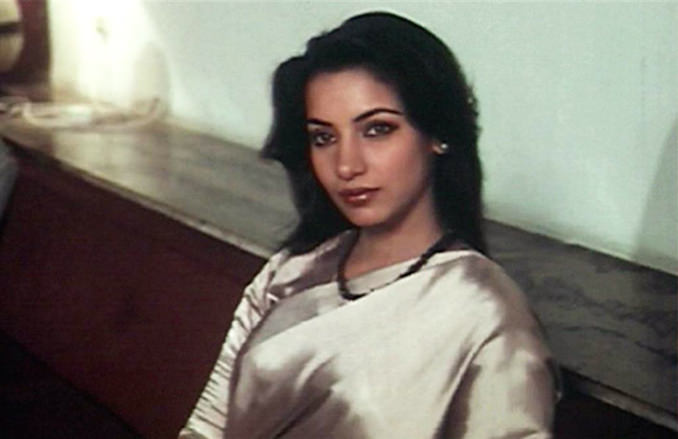
Shabana Azmi has become synonymous with women’s empowerment over the several decades that she has lent her unparalleled talent to meaningful parallel cinema. She played the betrayed, yet solemn wife in Masoom who has to come to terms with accommodating her husband’s illegitimate child in her home. But In Arth, she does not settle for a compromised relationship and walks out of her marriage with very little to support herself. Over time, she finds her independence and even helps her maid overcome the brutalities of domestic violence.
The latest addition to films about women is Queen which came to theaters yesterday and has received extremely positive reviews from critics. We highly recommend that you give it a chance this weekend!















